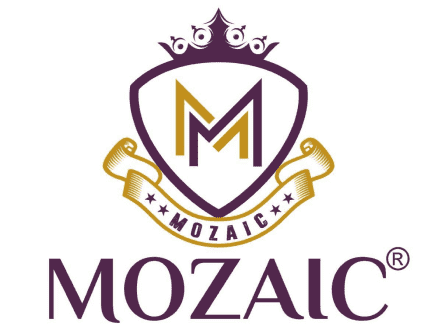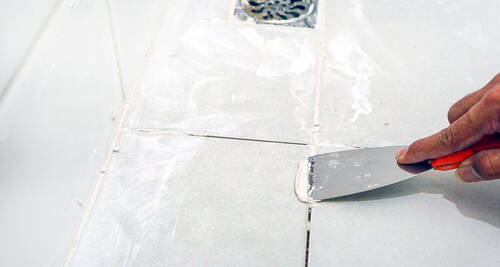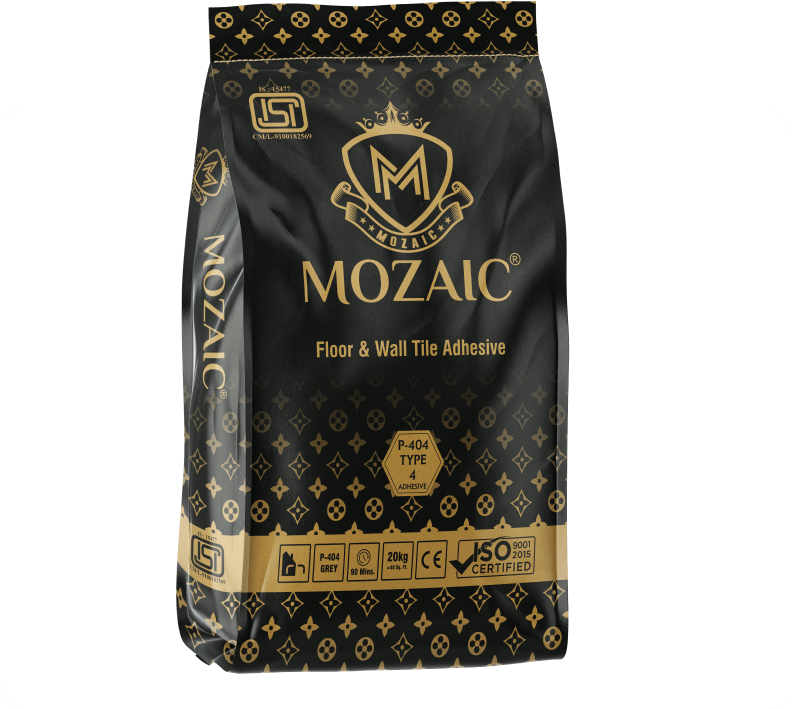Grouting is essential in tiling projects because it fills gaps between tiles and creates a smooth, level surface. When it comes to grout, two popular options are epoxy grout and cement grout. Both fulfill comparable functions but differ in terms of construction, performance, and application.
They are considered one of the major things that ensure the look of your tile. Grout is a crucial component of any tiling project, offering both structural integrity and aesthetic appeal. It is crucial to know about the major grouting ways to ensure that you use the right grout for your home tiles. While tiles are the star of the show, the correct grout assures their durability and functionality. Further, the blog will cover the two most commonly used and best grouts, which are epoxy tile grout and cement grout.
What is Epoxy Grout?
Epoxy grout is a high-performance grout manufactured with epoxy resins and filler powder. It is renowned for its exceptional durability, stain resistance, and moisture resistance. It is known for providing high-quality performance.
Locations with water, chemicals, or high foot traffic, such as bathrooms, kitchens, swimming pools, and industrial facilities, commonly utilize epoxy grout. The formula used for its composition ensures that no matter how much water the location has, it will work perfectly for such places.
Types of Epoxy Grout:
White and black epoxy grout are both durable, stain-resistant, and water-resistant alternatives for tiled floors and showers.
Black Epoxy Grout
Black epoxy grout is ideal for tiled floors and showers since it is resistant to chemicals and heavy traffic while yet being easy to clean. It is also non-absorbent, which inhibits the growth of mold and mildew. This makes it an ideal choice for use at any place where you feel there is a chance of mold formation.
White Epoxy Grout
White epoxy grout is perfect for damp places like showers since it is resistant to harsh cleaning chemicals and will not fracture, shrink, or discolor. It is also non-porous, which means it does not require sealing like typical cement grout.
Some Major Key Features of Epoxy Grout:
Durability is one of the major features of epoxy and this makes it a good choice for using it for your house renovations.
Stain Resistance:
Epoxy grout, unlike cement grout, is nonporous, making it highly resistant to stains, mold, and mildew. People usually rely on it as it eases their work and does now allow stains to stay for a long time.
Waterproof:
Epoxy grout is waterproof and does not absorb water, making it ideal for moisture-prone locations such as showers and outdoor spaces. This is why they are highly used in places like swimming pools, and bathrooms.
Chemical Resistance:
It can withstand the harsh impacts of cleaning agents and other chemicals, making it an ideal choice for commercial kitchens and industrial environments. Even for maintenance if chemicals are used for cleaning then also it can easily resist its implications.
Longevity:
Epoxy grout lasts longer than cement grout because it is more durable and resistant to deterioration. The longevity and durability of epoxy grout are some of the major reasons why it is better than cement grout.
Drawbacks of Epoxy Grout:
Even though epoxy grout has many pros and good features, there are some drawbacks as well, which is also important to know if you are making your decision.
High Cost:
Epoxy grout is more expensive than cement grout, which can dramatically raise project expenses. If you have a certain or small budget, then epoxy might cost you more, but still, by reaching out to good sources, you can get a reasonable cost for the epoxy grout.
Application Difficulty:
It requires cautious handling during installation because it hardens quickly and can be difficult to remove off tiles if not handled properly. It is crucial to rely on professionals who can assure you the right application and good placement.
What is Cement Grout?
Cement grout is the more typical alternative, consisting of cement, water, and, in certain situations, sand. It is extensively utilized in residential projects and is preferred for its low cost and ease of usage. They are quite popular for their economical rates and ensure that you don’t have to spend a lot. Still, it is crucial to know that the pricing might affect its quality in some situations.
Cement grout is divided into two types: sanded and unsanded grout, with sanded grout used for larger gaps between tiles and unsanded grout for thinner joints.
Key Features of Cement Grout:
High Affordability:
Cement grout is significantly less expensive than epoxy grout, making it a popular choice for cost-conscious projects. It is considered to be highly affordable and ensures that it does not affect your pocket.
Ease of Application:
It is simpler to work with and can be applied more rapidly, making it ideal for DIY projects and large-scale installations.
Color Variety:
Cement grout is available in a wide variety of colors, providing greater creative options. It is not a significant feature but if you want a specific color then you can check out different color varieties.
Drawbacks of Cement Grout:
Cement grout has some drawbacks as well, which is important for you to know. This way, you can properly make your decision.
Porosity:
Cement grout is porous and absorbs liquids, which can even lead to discoloration, particularly in kitchens and bathrooms. This is the reason they are not usually preferred for places like bathrooms.
Maintenance:
Regular sealing is required to avoid moisture intrusion and discoloration. Even though it is economical, its maintenance is not. You have to spend a good amount on the maintenance.
Cracking susceptibility:
Cement grout may crack over time as a result of tile shrinkage or movement. Cracking is a pretty common thing in cement grout which can result in a lot of problems.
Bottom Line
Epoxy grout is best for high-traffic areas, damp spaces, and industrial settings. Its strength, durability, and resistance to moisture and stains. However, this may lead to high costs and big investments. Cement grout, on the other hand, is inexpensive, simple to apply, and available in various colors; but it requires regular maintenance and sealing to avoid cracking, staining, and mold growth. Ultimately, the choice is yours, and it is better to do proper research and then make your decision.





